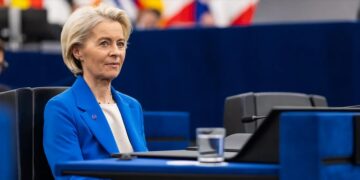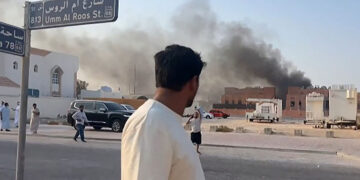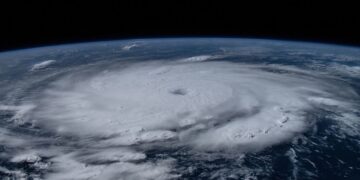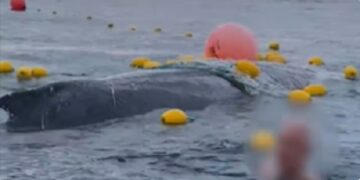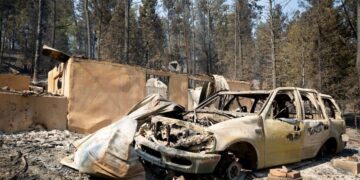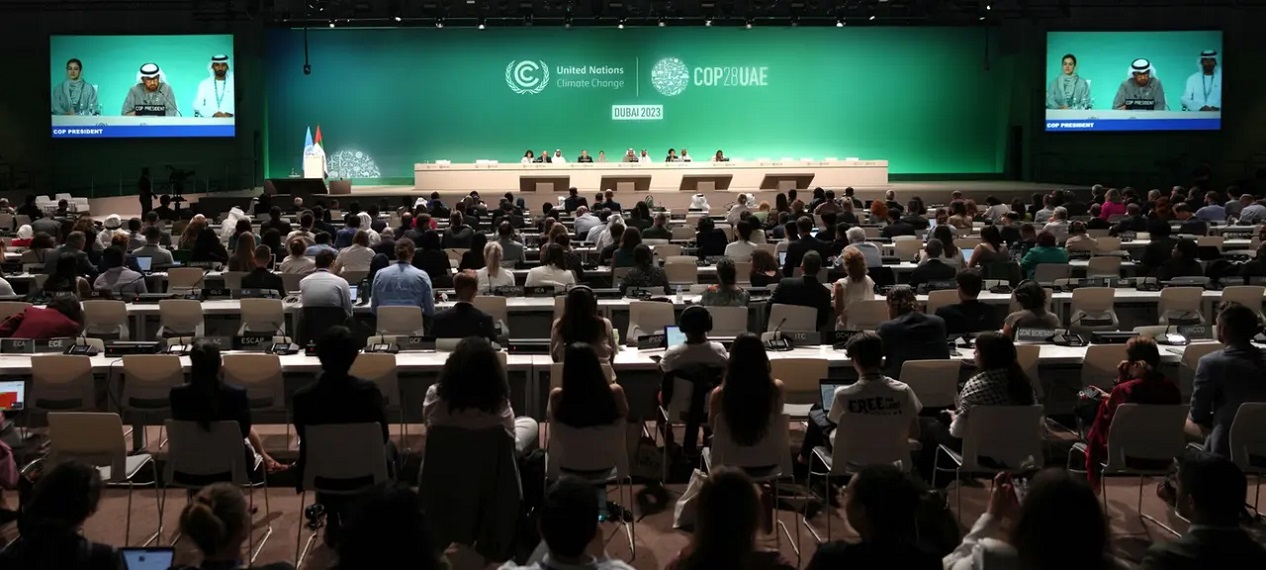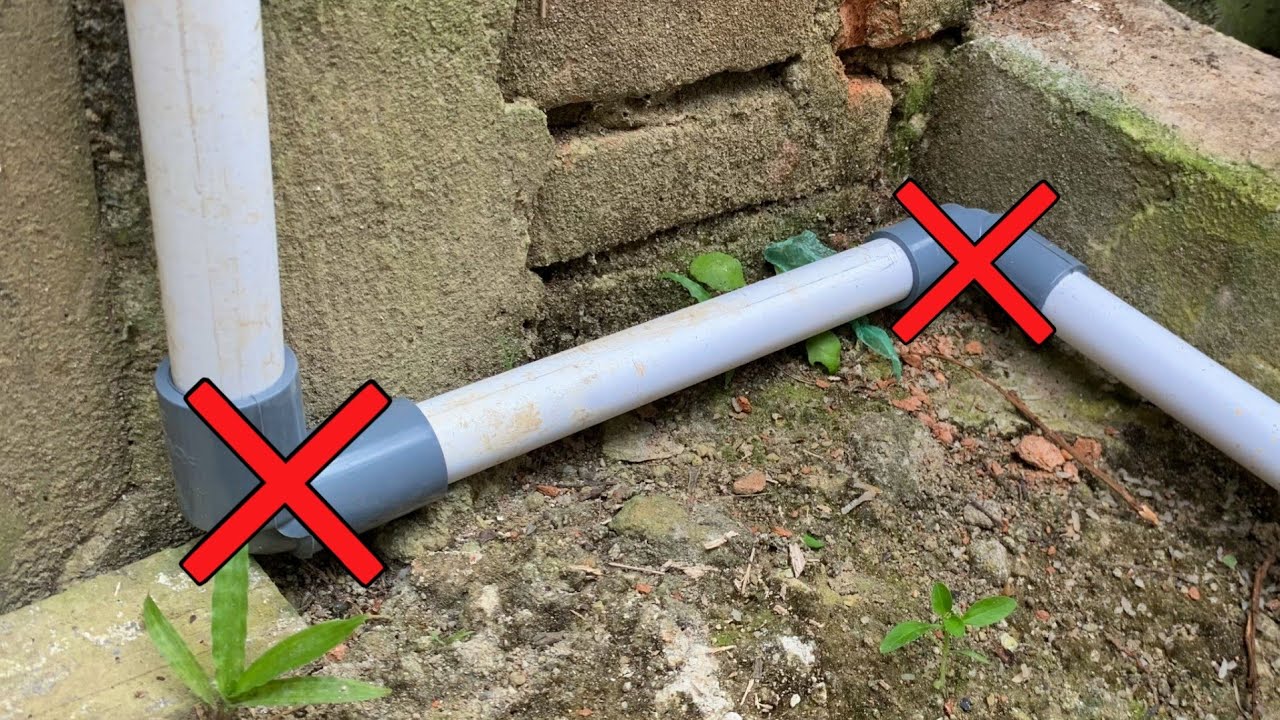No Climate Protection Without Money
The UN Climate Conference is nearing its end, but many issues are still unresolved, such as the phase-out of fossil fuels or the financing of shared decisions. According to German Foreign Minister Annalena Baerbock, there can be no good decision on climate protection without discussing money. “It is not enough if we agree on the most ambitious goals here, but then the technical implementation cannot succeed worldwide.”
If, as Baerbock hopes, a tripling of renewable energies is agreed upon, there must also be the corresponding financing. However, talks on international climate finance are stalled in Dubai at all levels, whether it is emissions reduction or adaptation.
International Energy Agency: Pledges are not enough
Money is lacking. Baerbock has pledged an additional 60 million euros from Germany for adaptation measures. But that is just a drop in the bucket.
More must also be demanded from oil and gas companies, which are making enormous profits, says Shady Khalil from the environmental organization Greenpeace: “I demand that our governments hold these companies accountable. The least they can do is to contribute financially to fill this major funding gap. They must make their contribution.”
Meanwhile, the International Energy Agency (IEA) has presented an analysis showing that all voluntary commitments by countries to renewable energies, energy efficiency, and methane will only achieve about 30 percent of what is necessary to keep the 1.5-degree limit within reach.
OPEC countries must be isolated
The Organization of the Petroleum Exporting Countries (OPEC) called on its member countries to resist any wording that involves the phase-out of fossil fuels. This was expected on this topic.
But there is praise and encouragement – even from environmentalists – for Sultan Ahmed Al Jaber, the conference president from the United Arab Emirates. “I think the president was diplomatic last night,” says Rachel Cleetus from the American “Union of Concerned Scientists.” “But he also says that currently everything is drifting apart rather than coming together. And that is not a good sign. No question: OPEC countries must be isolated.”
Conference president’s risky strategy
Conference President Al Jaber wants to convene another round with all ministers today and present a first comprehensive draft for all topics tomorrow morning. Observers consider it a high-risk strategy because there are still too many unresolved issues in each area.
The final assessment will only be made at the end. And Peter Liese (CDU), head of the European Parliament delegation, does not want to see a bad compromise. “We have demanded a lot from our citizens in Europe with regard to the transition to climate neutrality.”
It needs to be justified at home, and if he always has to explain that “the others just don’t follow suit,” then at some point he won’t be able to explain it anymore, says Liese. “I would prefer a big bang to a result that doesn’t help us at all.”

